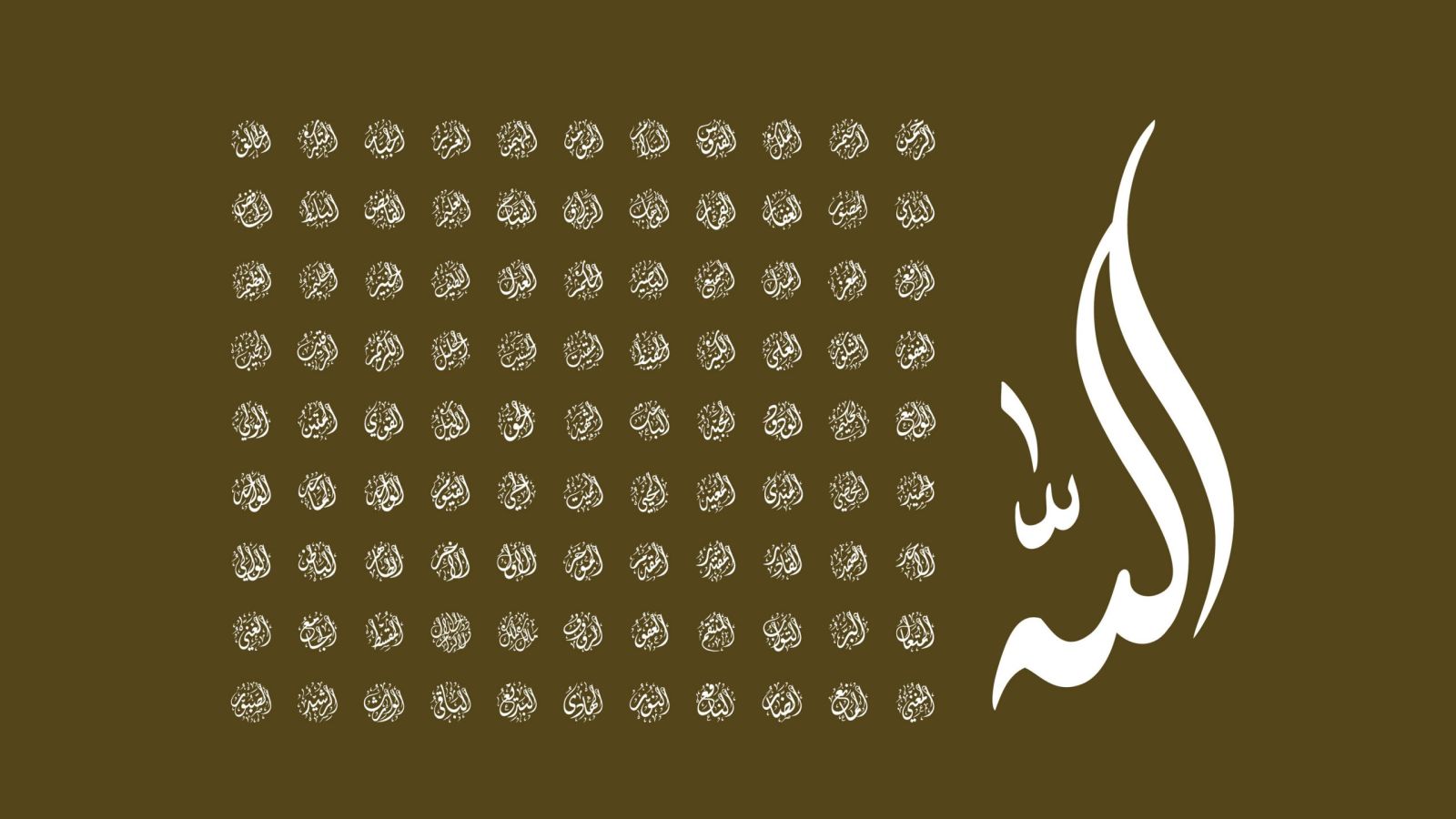Splitting and Differing
Imām Muḥammad Ibn ʿAbd al-Laṭīf, Imām Muḥammad ibn Ibrāhīm Āl al-Shaykh


So Allāh – the Most High – ordered all of the Believers to cling to the Rope of Allāh collectively, and not to split-up. And clinging to this Rope of Allāh has been explained as meaning: Clinging to the Book of Allāh, to His Religion, to Islām, to ikhlās (purity of belief and actions to Allāh), to His Commands, to His Covenant, to His obedience and also to the Jamāʿah.
Allāh – the Most High – said:
“O you who believe! Have taqwá (fear and obedience) of Allāh as you should do, and do not die except that you are Muslims. And hold fast altogether to the Rope of Allāh and do not be divided. And remember the favour of Allāh upon you, for you were once enemies of one another, but He joined your hearts together, so that by His Grace, you became brothers. And you were on the brink of a pit of Fire, and He saved you from it. Thus does Allāh make His Signs clear to you, that you may become guided. Let there arise out of you a group of people inviting to all that is good, enjoining all that is good and prohibiting all that is evil. They are the ones who are successful, and do not be like those who split up and differed amongst themselves, after the clear proofs had come to them. For them is a tremendous punishment. On the Day of Resurrection, some faces will be white and some faces will be black.”
[Sūrah Āl ʿImrān, 3:102-105]
On of the scholars of tafsīr (Qur’anic explanation) said, “The faces of the people of the Sunnah and unity will be white, whereas the faces of the people of sectarianism and differing will be black.”
Shaykh al-Islām Ibn Taymīyyah (d.728H) – raḥimahullāh– said:
“So Allāh – the Most High – ordered all of the Believers to cling to the Rope of Allāh collectively, and not to split-up. And clinging to this Rope of Allāh has been explained as meaning: Clinging to the Book of Allāh, to His Religion, to Islām, to ikhlās (purity of belief and actions to Allāh), to His Commands, to His Covenant, to His obedience and also to the Jamāʿah. All of these explanations have been related from the Companions and also from those who followed them in righteousness – and all of it is correct. For the Qurʾān commands one with the Religion of Islām and that is the Covenant of Allāh, and His Command, and obedience to Him. It also entails clinging together collectively as a Jamāʿah. And the Religion of Islām – in its reality – is ikhlās (purity and sincerity in beliefs and action) to Allāh alone.
Abū Hurayrah (raḍī Allāhu ʿanhu) relates:
The Prophet – ﷺ – said, “Indeed Allāh is pleased with three things: That you worship Allāh alone without associating any partner along with Him; that you hold fast altogether to the Rope of Allāh and not to become divided, and that you give sincere advice to whomsoever Allāh puts in charge of your affairs.”2
And Allāh – the Most High – has made oppressing the Muslims, both their living and their dead, ḥarām (unlawful). And He has made sacred their blood, their wealth and their honour. And it is established from the Prophet ﷺ that he said during the farewell Pilgrimage, “Indeed your blood, your property, and your honour is sacred to each other, just like this day of yours, in this month of yours, in this city of yours. Have I not conveyed the message? Those who are present must convey (my words) to those who are absent. Perhaps the one to whom it is conveyed will understand it better than the one who hears it directly.”3
Allāh – the Most High – said:
“Those who harm believing men and women undeservingly, carry upon themselves the crime of slander and clear sin.”
[Sūrah al-Aḥzāb, 33:58]
Thus, whoever harms any Believer, living or dead, not because of any sin, which necessitates that – then he has entered into this āyah. And whosoever is a mujtahid (one who is sincerely striving to arrive at the truth), then there is no sin upon him. And if the mujtahid is harmed by someone, then he has harmed him undeservingly. And whosoever is sinful, but has repented from such sin, or he is forgiven due to some other reason; such that there is no punishment left for him – and then someone harms him, then he has harmed him undeservingly.”4
Abū Hurayrah (raḍī Allāhu ʿanhu) states:
“Do not envy one another. Do not inflate prices upon one another. Do not hate one another. Do not forsake one another. Do not undercut one another. Rather, be worshippers of Allāh and be brothers. The Muslim is the brother of another Muslim; he neither oppresses him, nor humiliates him, nor lies to him, nor holds him in contempt. And piety is right here – and he pointed to his chest three times. It is enough evil for a Muslim to hold his brother Muslim in contempt. The whole of a Muslim for another Muslim is sacred; his blood, his property and his honour.”5
Ibn ʿUmar (raḍī Allāhu ʿanhumā) relates:
The Prophet ﷺ said, “A Muslim is a brother to another Muslim. He neither oppresses him, nor humiliates him, nor forsakes him. Whosoever helps his brother, Allāh will help him. Whosoever removes one of the griefs of this world from a Muslim, then Allāh will remove one of his griefs on the Day of Resurrection. And whosoever hides a fault of any Muslim, then Allāh will hide one of his faults on the Day of Resurrection.”6
Anas (raḍī Allāhu ʿanhu) relates:
The Prophet ﷺ said, “None of you will truly believe until you love for your brother what you love for yourself.”7
The Prophet ﷺ said:
“The example of the Believers in their mutual love and mercy is like the example of a body, if one part of the body feels pain, then all of the body suffers in sleeplessness and fever.”8
And he ﷺ said:
“The Believer to the Believer is like a solid structure, one part supporting each other.” And he interlaced his fingers to demonstrate this.9
This is what we have mentioned in this small treatise, and what we hold as part of our Religion and belief in front of Allāh. And it is a sufficiency for whosoever desires right guidance and whosoever intends to seek the truth.
We ask Allāh – both for us and our Muslim brothers and sisters – safety and protection from those things that bring about His wrath and anger and painful punishment. And we seek refuge in Allāh from the passing away of His blessings, and that His grant of the state of safety and well-being is changed into something else. And we seek the refuge of Allāh from His sudden retribution and from all that which angers Him. O Allāh! We refuge in You from the severe trials and from the place of lowest misery and despicability, and from the evil that has been decreed, and from the abuse of the enemies. And Allāh is sufficient for us and what an excellent Guardian. And may Allāh send the praises and blessings upon Muḥammad and upon his Family, Companions, and followers.
Endnotes:
[1] The following is taken from Naseehatun Muhimmah fī Thʿaláthi Qadāyaa (p. 57-61), as compiled by Shaykh ʿAbd al-Salām Ibn Burjiss
[2] Related by Muslim (3/1340) and Aḥmad (2/367)
[3] Related by al-Bukhārī (3/573-574) and Muslim (3/1305-1307), from Abū Bakrah (raḍī Allāhu ʿanhu).
[4] Minḥājus-Sunnatin-Nabawiyyah (5/134-135)
[5] Related by Muslim (no. 2564)
[6] Related by al-Bukhārī (5/97) and Muslim (1/1996)
[7] Related by al-Bukhārī (1/57) and Muslim (1/67)
[8] Related by al-Bukhārī (no. 6011) and Muslim (no. 2586), from al-Nuʿmān Ibn Bashīr (raḍī Allāhu ʿanhu).
[9] Related by al-Bukhārī (no. 481) and Muslim (no. 2586). From Abū Hurayrah (raḍī Allāhu ʿanhu).

















